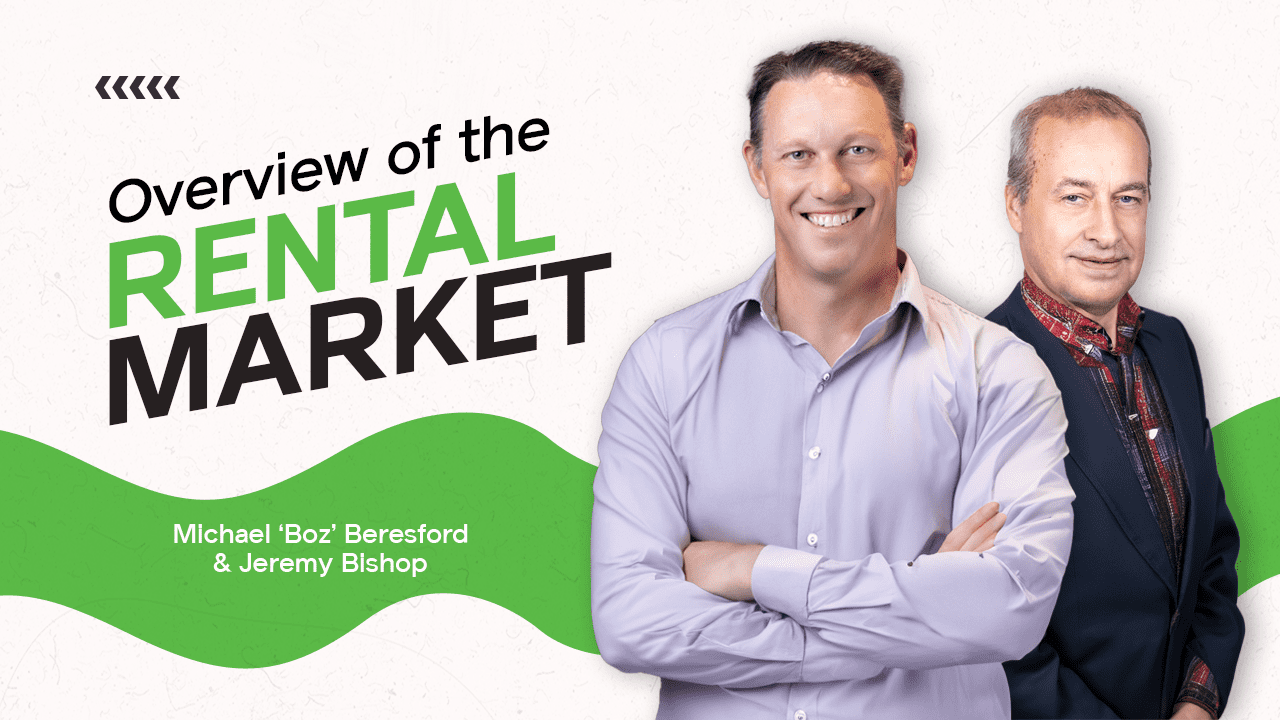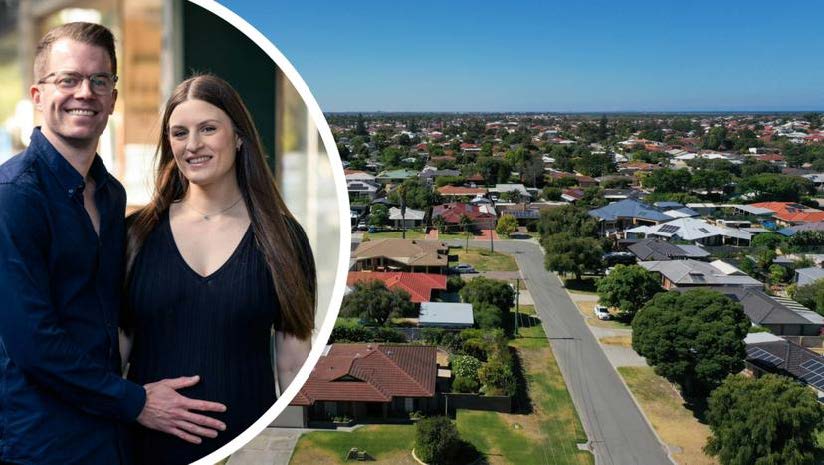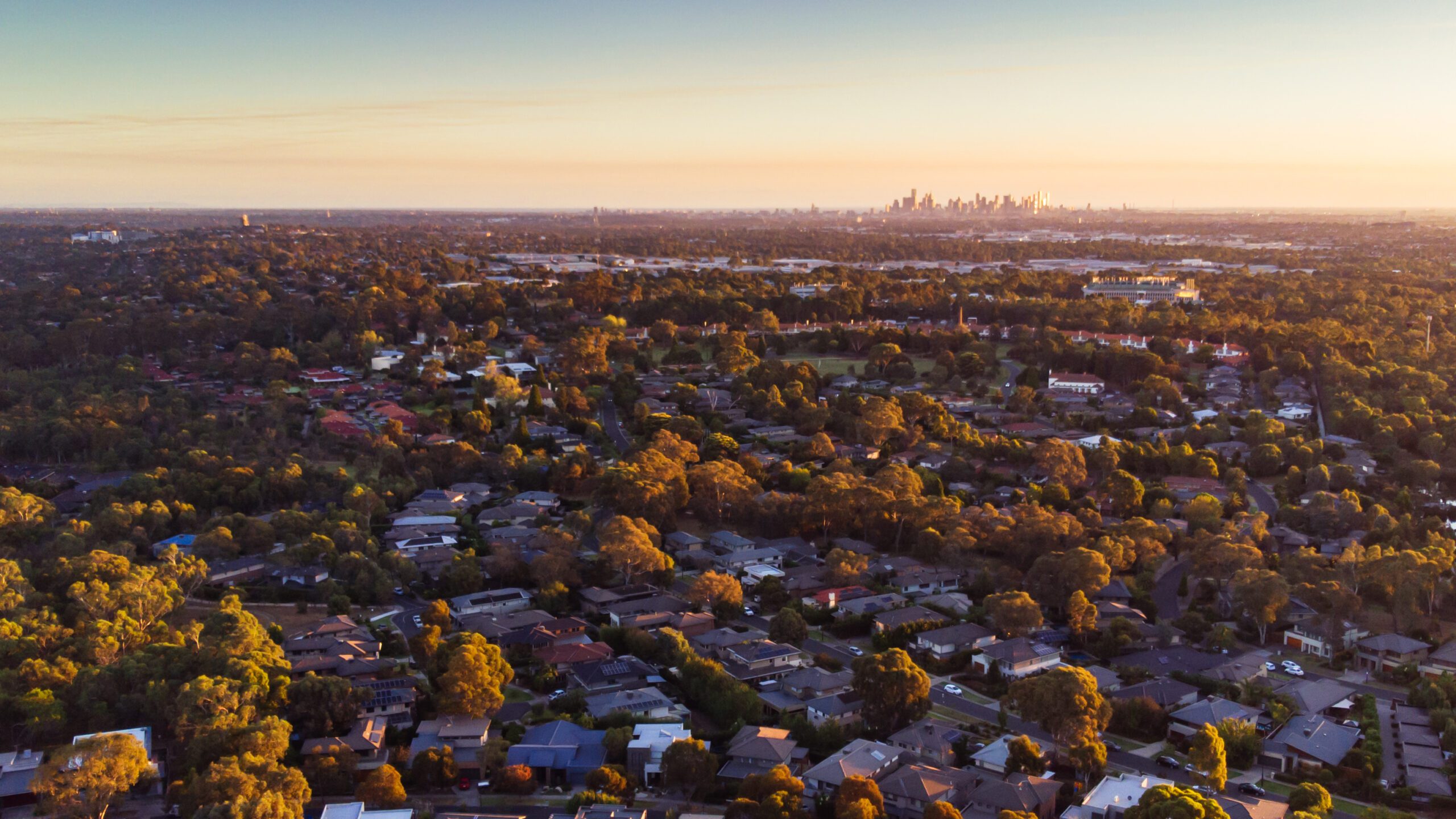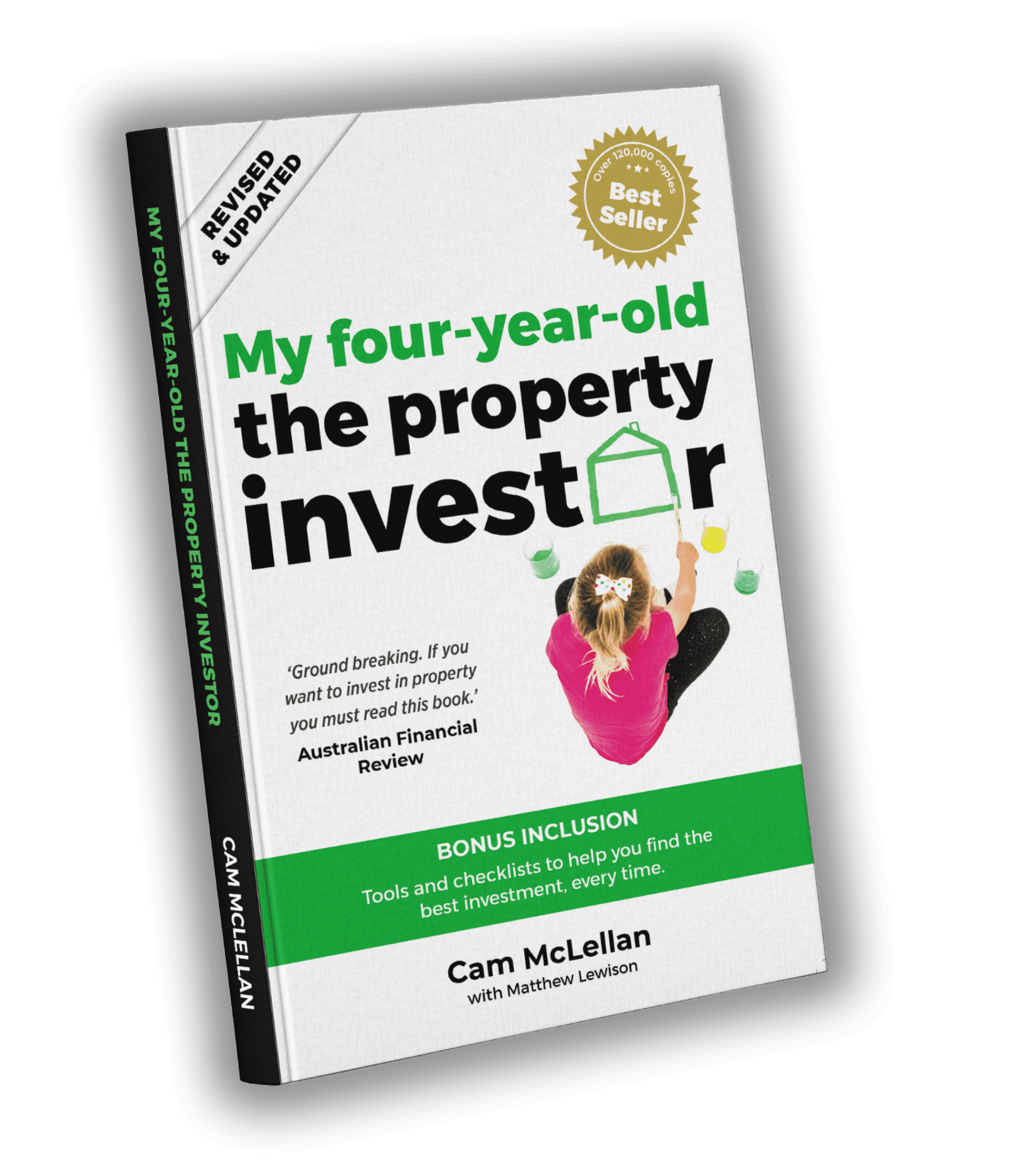Why debt isn’t a dirty word for Treasurer Josh Frydenberg
BY MATT LEWISON, DIRECTOR, OPENCORP
OpenCorp’s Matthew Lewison has been making sense of the numbers and demystifying the jargon. He goes into more depth in this audio clip:
Coronavirus is an evil that has ambushed our daily lives on two fronts; the immediate threat to public health is matched by the challenge to our economic robustness.
With the health of the economy in the balance, Treasurer Josh Frydenberg’s budget update this week was keenly observed. What escape route is there out of financial stagnation?
Mr Frydenberg flagged the biggest deficit since World War Two: the spending needed to support laid-off workers and struggling businesses will put the budget in the red by $85.8 billion in 2019-20 and $184.5 billion in 2020-21.
Deficit has been a dirty word for the Federal Government, as economic growth is measured in budget surpluses.
Lies, damn lies and statistics
Naturally, then the headline figure about Mr Frydenberg’s update was about debt, and if you express gross debt as a percentage of GDP, it tops 45%.
But as the saying goes: there are lies, damn lies and statistics!
That headline figure can be misleading because while gross debt may tell us how much money the Government has borrowed, it doesn’t tell you how much money is in the bank.
If we look at net debt in Australia it has been very, very low for a long time, with a deficit of 4.3% of GDP this year, and up to 9.7% for 2021. Our net debt is expected to peak at about $677 billion by the end of the current financial year, which is still less than 40% of GDP.
By world standards, that’s incredibly low. As an example, during the Greek sovereign debt crisis in the aftermath of the GFC, its debt-to-GDP ratio rose to 179%.
How are we going to pay it back?
Well, the reality is governments don’t pay back their debt, but they do want the interest rate (or the interest servicing) to be minimal. And because of the reduction in interest rates, the cost of servicing debt in Australia has dropped considerably.
So, if you had government debt of an extraordinary figure, say $10 trillion, but a 0% interest rate locked in for a hundred years, there’s no cost of servicing that debt.
To use an analogy, we can think of it like a house or investment property: many investors take out an interest-only loan and as long as the property is going up in value or generating enough income, over time that will exceed the cost of paying interest. Eventually the size of the loan relative to the asset and your income becomes a lot easier to pay off.
Immigration & construction
Some interesting commentary on Mr Frydenberg’s statement was around immigration.
A central plank of the Government’s plan for post-pandemic recovery is construction, and one way to support this is allow immigration to return to previous levels.
We’d normally have around 200,000 people coming into Australia a year; that dropped to 135,000 in the most recent financial year, and it’s forecast to drop to somewhere in the 30,000s for FY2021.
For now, a large reduction in new home construction and lack of confidence in the economy balances out the reduced immigration.
What hasn’t been widely reported is the number of Australians who have been living overseas and returned; and people here on temporary visas who are being encouraged to stay by the government extending visa measures for them. To put some broad numbers on this, until the rebound in Covid-19 case numbers in Victoria, around 6,500 Australians were returning home from overseas every week. That has now been capped at only 4,000 per week. This is still a healthy 208,000 per annum, potentially offsetting the temporary reduction in overseas migration, which Treasury noted was also forecast to start picking up again from January 2021 .
So, what does this all mean for the housing market?
Well, 16% reduction in housing construction may seem like a bad thing.
But if you own an investment property, look at it this way: if there are fewer houses being built, you’ve got less competition in the future for tenants.
These are tough times for us all, but one of the major themes is the importance of confidence in the economy – for instance, the introduction of JobKeeper allowance. This piece of extraordinary policy intervention wasn’t made just to prop up businesses or personal finance; it was done to reinforce confidence.
While that effect was dampened as health concerns in Victoria picked up in early July, we could see the benefits in time as confidence – hopefully – returns.
Meanwhile, we’ll be taking a keen interest in the performance of other countries that were locked down but have tentatively eased restrictions to pave the way to revitalised consumption and expenditure.








